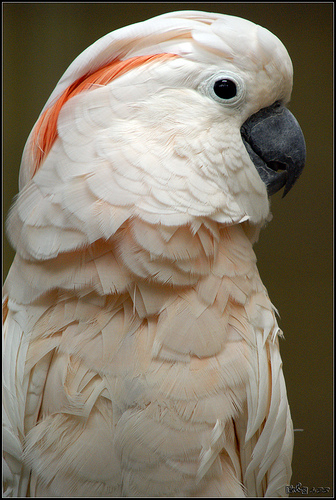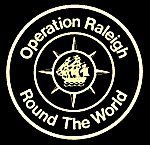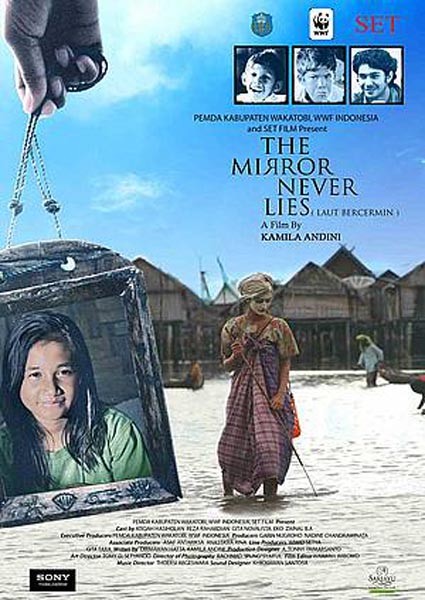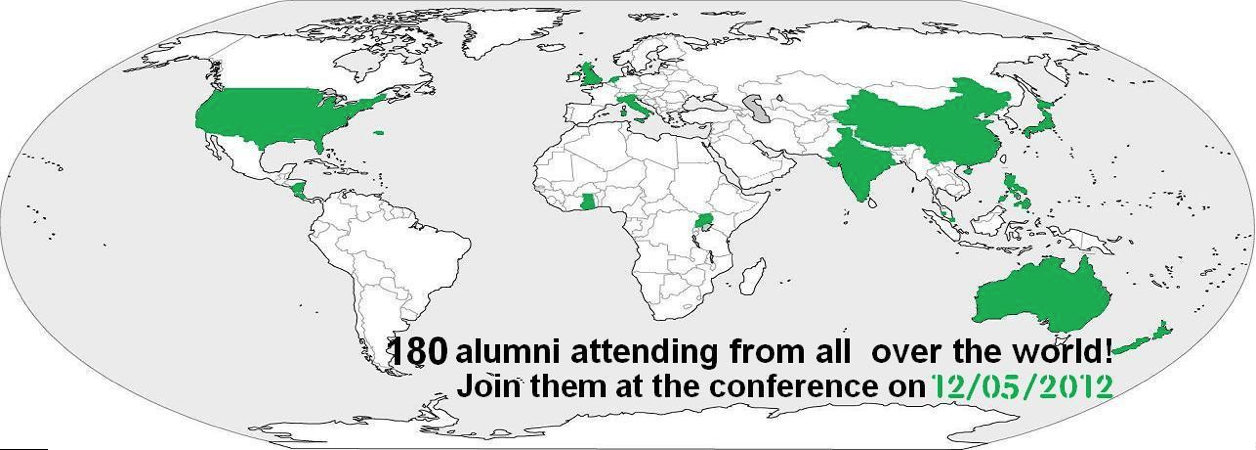Steve Oliver was a member of the operational staff during the expedition to Seram in 1987. Find out what he has been doing since then, including his most recent film project – The Mirror Never Lies.
Lorna
Raleigh International to hold alumni conference
From boats to biogas: Raleigh’s journey, your story
In 2012 Raleigh International hosted its first international conference. Delivered through a mixture of interactive workshops, panel discussions and keynote speakers, the event was open to all alumni, with participants attending from around the world.
Why?
In 2012 Raleigh International’s global community was made up of over 35,000 alumni and across this community, individuals were doing what they still continue to do today – take positive actions to strengthen and improve the world around them. So in 2012 for one day, Raleigh International brought its alumni together under one roof to celebrate their achievements and to recreate that sense of belonging.
The conference was held on Saturday 12th May 2012 at Mary Ward House in Central London and was an opportunity to:
- Access priceless networking opportunities, with like-minded people, not only from a broad range of sectors, but globally too. In attendance were alumni from China, Ghana, Uganda, India, Costa Rica, Kuala Lumpur, Singapore, Bermuda, Japan, the Philippines and Australia.
- Build a variety of skills and knowledge from our alumni-led workshops – from setting up a social enterprise to being a community champion.
- Renew old connections and meet country directors past and present.
- Find out more about the journey of Raleigh International as a charity and the impact it has had all over the world.
Today Raleigh International offers a variety of volunteer programs and continued opportunities for adventure. Visit their FaceBook page and website for more information.
Seram’s endangered parrots

Many of the Indonesian and Philippine white cockatoos are in BIG trouble. The combined influences of logging, which destroys their nesting habitat, and trapping for the companion bird trade, probably are bringing about rapid declines. Added to these factors are the slow reproduction, weaning and fledging rates of these birds. Unfortunately, the issue is compounded by the fact that very little is known about these birds in the wild.
The Moluccan or Salmon-Crested Cockatoo is found in the wild only on Seram in the Moluccas of Indonesia, and thus it is increasingly referred to as the Seram Cockatoo. It is extinct on Saparua and Haruku despite what some books and articles still state and is likely to be absent on the numerous heavily-logged small islands along the Southeast, East, West and North coasts of Seram.
A group that aims to conserve and protect the Seram Cockatoo and the other wild parrots of Indonesia is the ‘International Parrot Project’. They run a Rehabilitation Center and Sanctuary and work with local communities to protect parrots. IPP has also established programs to instill pride, especially in schoolchildren, in the unique avifauna of their homeland and to develop awareness of the deleterious effects of poaching and alternatives. This is how they hope to achieve these goals:
- Provide alternate means of sustainable income to villagers in parrot-rich areas of Indonesia, who in turn will protect the birds from trapping. Such alternatives collecting nuts of the kenari tree and organizing eco-tours to our major sites of work (Seram Island and the Raja Ampat Islands off West Papua), which in turn will bring income to ex-trappers who now act as bird guides and porters.
- Direct provision of needed improvements to selected villages—such as improvements in schools, medical care, sanitation, and capital improvements.
- Projects to improve local pride of the villagers in “their” rare and beautiful avifauna.
- Funding of villagers to gather for us much-needed information on the ecology of selected birds.
- Funding of selected scientific studies, such as census or breeding analyses, resulting in published scientific data useful to help conserve these birds in the wild.
- Provision of educational unpublished information to members in order both to disseminate knowledge about the critical state of their populations, as well as to stimulate funding of our projects. Some will be in written articles; some via our web-site; some via public talks.
You can find out a whole lot more at … http://www.indonesian-parrot-project.org
Photograph courtesy of http://www.flickr.com/people/mahbobyusof/


